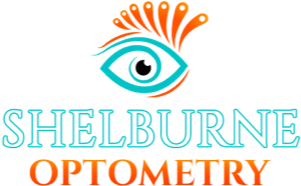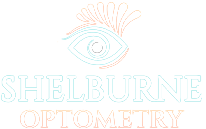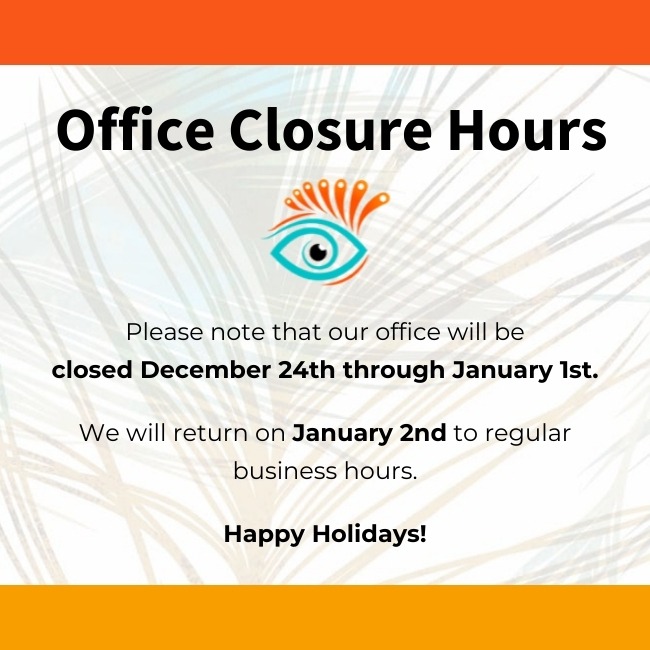May is Vision Health Month. At Shelburne Optometry, we believe in considering the whole person bringing their eyes to us for care. So much goes on beneath the surface of our complex beings, it only makes sense to work with those processes to our full benefit. In today’s post, we’re going to give you the tips to empower you to do just that.
Did you know?
According to the Canadian Association of Optometrists, 1 in 7 Canadians will experience a severe eye disease in their lifetime. That being said, with proper care and cooperation with your optometrist, up to 75% of vision loss can be prevented and treated. I know the amount of information offered at your annual optometrist appointment can seem overwhelming, but know that we’re trying to equip you with the knowledge needed to take full control of your ocular health.

“We Eat First With Our Eyes”
When Apicius spoke this famous quote, he was of course referring to how the visual appearance of a meal can affect one’s appetite. But what he may not have known, was just how much our diet really does play a part in our vision health.
You don’t have to be a foodie to know that what we consume affects our health on every level imaginable, and our eyes are no exception. The food we eat and even the medications we take can and do affect our vision. Knowing what’s benefiting us and what may be negatively affecting our sight is the first step to working with your body to optimise your vision health.
Less of This
Let’s get the not-so-good stuff out of the way. While none of the foods listed here will make you suddenly go blind, they certainly don’t help support healthy vision development and can lead to serious eye health concerns.
Foods that may hinder your vision:
Alcohol: overconsumption of alcohol has been linked to earlier development of cataracts (cloudy areas that develop in your eye’s lens and diminish visual acuity).
Caffeine: as a devoted “Caff-fiend”, this one hits hard. But the fact is, coffee can raise your intraocular pressure (the pressure inside your eyeball), which can have serious consequences for patients with hypertension or Glaucoma.
Diet Soda: one of the greatest lies the food industry ever sold. Pitched as a 0 Calorie/Fat/Sugar gift, the additives in these little concoctions can actually lead to an increased risk of type 2 Diabetes and heart disease (both of which can directly impact your vision).
Ready-Made Meals: while convenient, these pre-packaged meals are high in preservatives, fats, sugars, and even chemicals.
Saturated and Trans Fats: these can heighten your cholesterol levels, which can lead to fatty deposits in your blood vessels (bad news for your sensitive eyeballs).
- These tend to hide in Cooking Oil (less than 4 grams of saturated fat per tablespoon is best)
- Fried Foods (french fries, hamburgers, onion rings, and everything else the fast food industry dares to drop in that vat of golden heart attack)
- Margarine (look for 0 trans fat on the label)
- Mayonnaise
- Salad Dressing (save some cash and make your own!)
Simple Carbohydrates: these spike your blood sugar and can increase your risk of Age-Related Macular Degeneration (AMD).
- Foods that have been processed or bleached
- Pasta (that distant wailing you hear is me)
- White Bread
Sodium: too much salt in your diet can lead to high blood pressure (hypertension), which can cause a plethora of eye issues, such as blocking blood flow to the nerves, damaging blood vessels, and even fluid build-up behind the retina (yikes).
- Bacon (my sympathies to the carnivores)
- Canned Foods (be sure to read the sodium content on the label)
- Deli Meat
- Hot Dogs (#iykyk)
- Processed Meats
Sugar: overconsumption of sugar increases your risk of type 2 diabetes, cataracts, and AMD.
- Candy & Sweets (obviously)
- Jelly
- Sugary Drinks (this includes processed juices, and definitely includes “energy drinks”, which are loaded with sugar)
Don’t panic. I know this list covers most of your refrigerator, but moderation is key—we’re not telling you to eliminate all your faves from your diet, but be conscious of how much you’re consuming and the potential side effects for your health (vision included).
A good rule to follow: If it’s bad for the large arteries of your heart, it’s definitely bad for the tiny arteries of your eyeballs.
More of This
When you’ve taken a moment to grieve the news above, move ahead with an open mind and open eyes—there’s plenty of good stuff to eat that can help you continue making clear memories to look back on.
Foods that can benefit your vision:
Vitamins A & C: these vitamins can lower your risk of getting cataracts, as well as improving the health of your blood vessels. Vitamin C breaks down at higher temperatures, so go raw when you can. Beta-carotene (a form of Vitamin A) directly aids your eyes’ ability to adjust to darkness (yes—night vision).
- Fruits & Vegetables, such as apricots, bell peppers, berries (in addition to Vitamin C are also full of antioxidants), broccoli, cantaloupe, carrots (you might have already known that one), grapefruit, lemons, mangos, oranges, peaches, tomatoes, spinach, strawberries, and sweet potatoes
Vitamin E & Omega-3 Fatty Acids: Vitamin E can assist in slowing the progression of AMD, glaucoma, and may also prevent cataracts. Omega-3s can reduce the risk of glaucoma, and have been proven to aid with dry eyes.
- Avocadoes
- Eggs (also a source of zinc)
- Fish such as halibut, salmon, trout and tuna
- Nuts & Seeds such as almonds, brazil nuts, cashews, chia seeds, flaxseeds, hemp seeds, sunflower seeds and walnuts
- Omega-3 Supplements
- Spinach
Lutein & Zeaxanthin: these are actually found in high concentrations in your macula (the bit of your retina responsible for central vision). They protect your retina (literally the main source of your sight) from blue light damage, and improve visual acuity. They can also slow down (and possibly prevent) the progression of AMD.
- Vegetables (particularly greens) such as broccoli, Brussels sprouts, collards, kale (steam it for 7 minutes and I promise it tastes better), nectarines, oranges, papayas, peas, romaine lettuce, spinach, squash, swiss chard, and turnip greens (BONUS: these are also fantastic sources of Vitamins A, C & E)
Zinc: this carries Vitamin A from your liver to your retina, where it makes the protective pigment melanin.
- Fortified Cereals (without sugar!)
- Legumes such as black-eyed peas, chickpeas, kidney beans and lima beans
- Lean Meats (not processed)
- Oysters
- Poultry
- Yogurt
In addition to improving your vision and the health of your eyes, all the foods listed here are incredibly beneficial to the overall health of your entire body. While limiting your intake of unhealthy foods is helpful, increasing your intake of these natural vitamin sources will have wonderfully positive effects on your whole system (and you are a complex system, my dear).

Final Thoughts
While there are many factors outside of our control that can impact our vision (such as genetics and environment), what we consume is more within our control than we may realise (or be willing to take responsibility for).
Our eyes are the main contributor to the memories we watch in our minds, and keeping those memories clear and vibrant, as best we can, is essential to visual experience. We often take our vision for granted, and never realise how quickly things can change until it happens to us.
Be conscious of what you put into your body, and know that it directly affects your eyesight. Drink plenty of water to keep your body (including your eyes) hydrated. Speak to your doctor about supplements when your diet is limited by other factors, especially Omega-3 supplements, which are not created equal (this one is our favourite).
And, of course, keep up with your annual eye exams to ensure your eyes are getting the best care they can.
Support Local
An easy and fantastic way to increase your consumption of healthy, unprocessed foods is to look for a “local veggie box delivery” in your area (literally Google “local veggie box delivery”), and have beautiful, fresh produce delivered right to your door for less than a typical grocery store run. You can feel good about supporting not only your health (and bank account), but also the hard-working farming families of your area.
We’re all in this together.
Wishing you all the best in wherever your path takes you today,
Sydney
